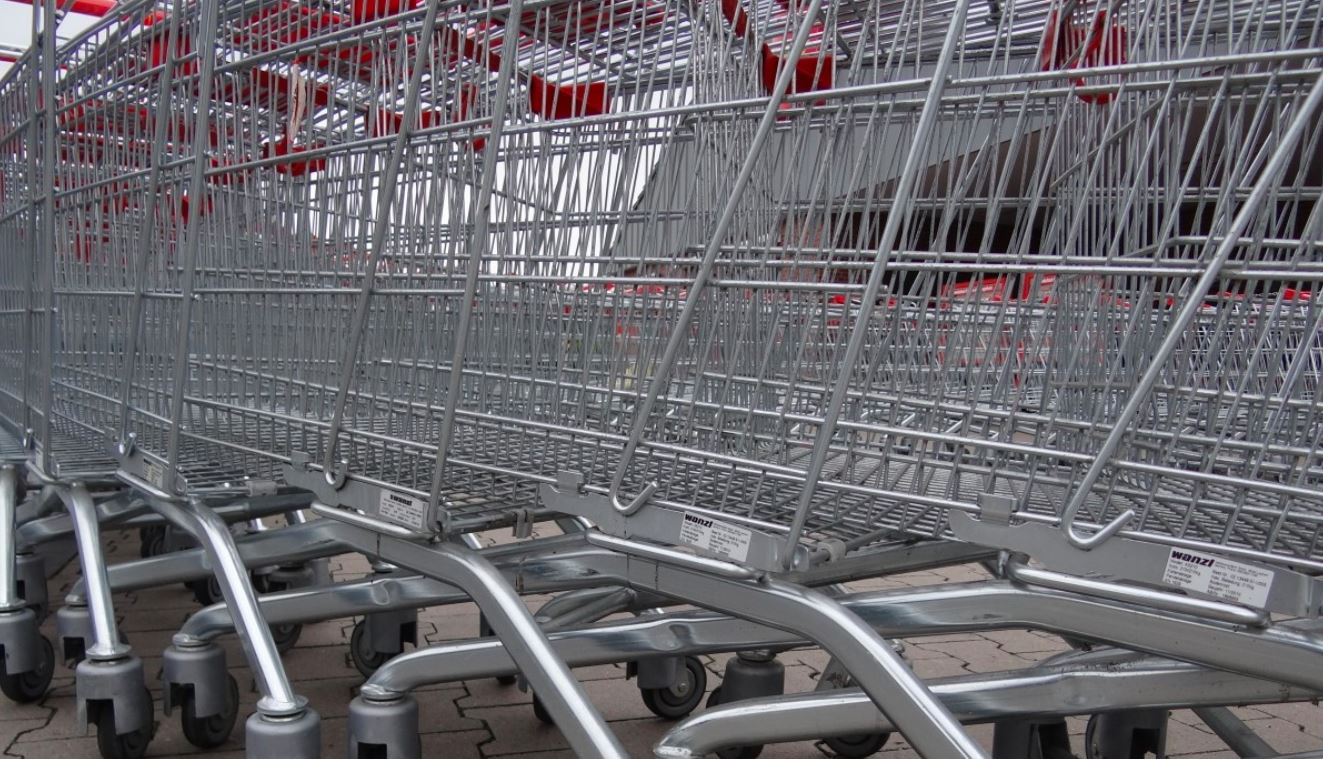Shoppers have been paying more for branded food items because suppliers of branded goods have been profiteering, the Competition and Markets Authority (CMA) has found.
Consumer group Which? Has called the results of the CMA’s investigation “shocking” after the watchdog concluded there was clearly some profiteering going on during the cost of living crisis.
The CMA’s Autumn Update looked into competition in the food and groceries sector and found three-quarters of companies making branded grocery products hiked their prices faster than their process went up.
Ten different product categories have been examined, and in a statement, the watchdog said: “The evidence collected by the CMA indicates that, over the last two years, around three-quarters of branded suppliers in products such as infant formula, baked beans, mayonnaise, and pet food – have increased their unit profitability and, in doing so, have contributed to higher food price inflation.”
While food price inflation had slowed, it continues to be at “historically high levels” the CMA said, with a 10.1% spike in October 2023.
It appears the profiteering strategy may have backfired as evidence suggests people switched to less-pricey supermarket own brands.
“We’ve found that some branded suppliers have pushed up prices by more than their costs increased, however most shoppers can find cheaper alternatives,” the CMA posted on social media.
However, the exception is baby formula and parents are forking out even more as companies appear to be engaging in profiteering in a market dominated by two producers.
The CMA posted there is “little evidence that people are switching to cheaper [baby formula] products and limited alternatives. We’ll be looking into indications that ineffective competition in the #BabyFormula market could be leading to parents paying higher prices.”
Just two suppliers provide 85% of infant formula, according to the CMA which said there is “very limited availability” of own brand alternatives.
The CMA said it will launch an investigation into the baby formula market.
“We’re concerned that parents may not always have the right information to make informed choices and that suppliers may not have strong incentives to offer infant formula at competitive prices,” said CMA chief executive Sarah Cardell.
It is also looking at the issue of loyalty schemes and promotional prices for items only available at the discounted price to people who sign up for the loyalty cards. It confirmed it will conduct a review of supermarket loyalty schemes in January 2024.
Responding to the CMA’s conclusion, head of food policy at Which? Sue Davies said: “Its evidence reinforces Which?’s concerns that shoppers relying on convenience store branches of the big supermarkets, which rarely stock the cheapest own-brand ranges, may struggle to find more affordable food.”
Davies added: “It’s positive that the CMA is set to review supermarket loyalty pricing as a recent Which? investigation found these deals aren’t always as they seem.
“In September we asked the regulator to look at whether supermarkets could be hiking ‘regular’ prices to make it appear that loyalty scheme customers are getting a better deal than they really are.”
Six months ago chancellor Jeremy Hunt met food manufacturers to discuss claims of profiteering and rising food costs. Chief executive of the Food and Drink Federation Karen Betts claimed then that manufacturers had been absorbing costs and that price rises were “unavoidable” because of ingredients, labour and energy costs had all risen.




